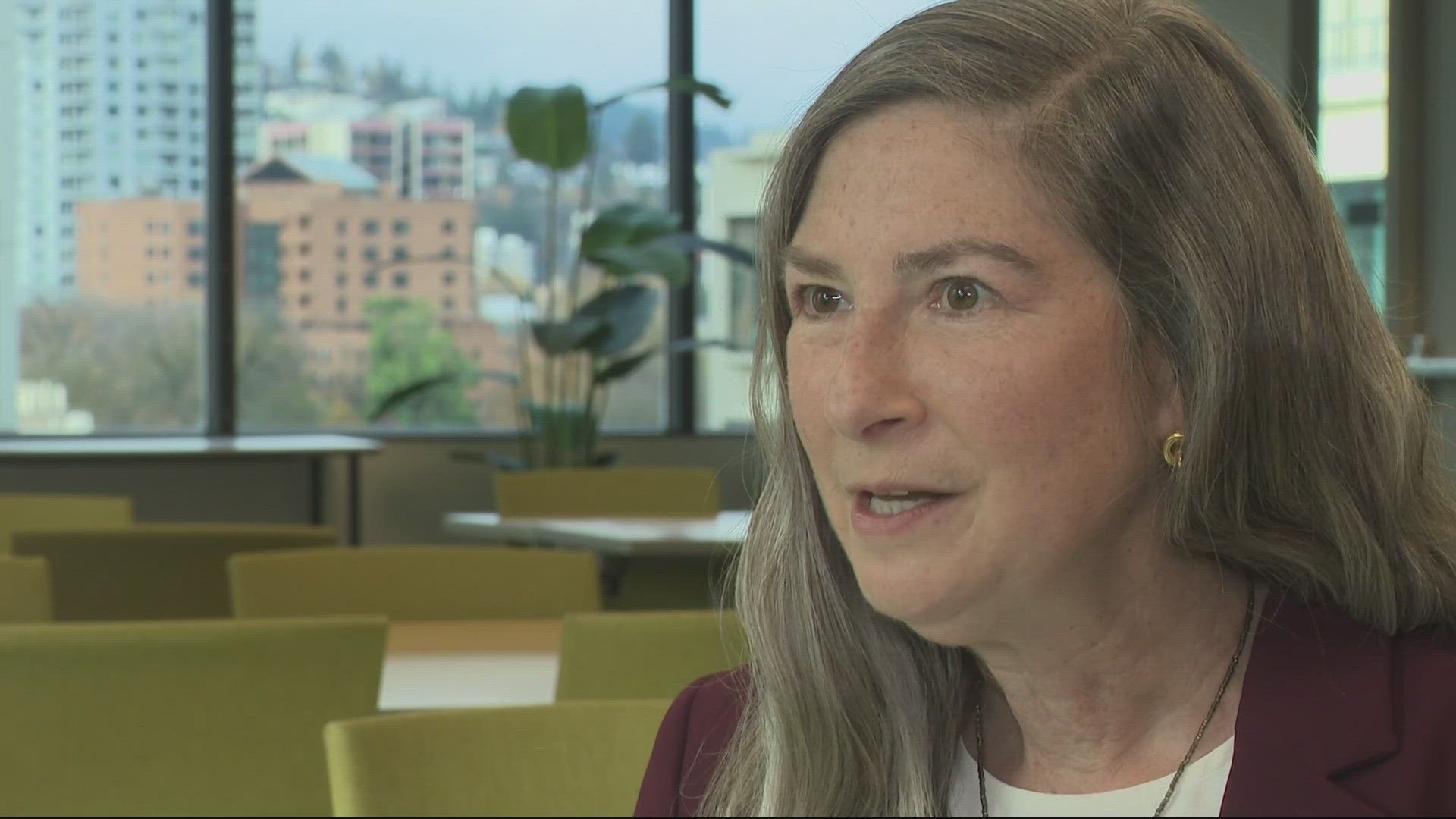PORTLAND, Ore. — Nov. 14 is World Diabetes Day, dedicated to spreading awareness about the chronic disease.
There are two types of diabetes: Type 1, which people often develop as children, and Type 2, which is usually diagnosed in adulthood and is more common due to our dietary and lifestyle habits. The Centers for Disease Control (CDC) says Type 2 diabetes is increasingly being diagnosed in children, teens and young adults.
“Diabetes is one of our most chronic conditions. Almost 40 million Americans are diagnosed with diabetes. It's about 12% of the population,” said Dr. Tracy Muday, executive medical director at Regence BlueCross BlueShield of Oregon.
According to the CDC, data from 2021 indicate nearly a quarter of people who have diabetes don't know they have it or haven't reported it.
Muday said often, diabetes has no symptoms, which is why it's important people get their yearly checkups, especially if they’re overweight with a body mass index (BMI) of over 30.
People who have a family history should also keep tabs on the condition. Left untreated, diabetes can lead to a series of health issues, including kidney failure, heart disease and even blindness.
“It's devastating because once you get that damage, there is no reverting it,” said Dr. Katlyn Peterson, an optometrist with Alberta Eye Care.
Peterson said high blood sugar, over a long period of time, inflames and damages small blood vessels, visible to doctors during an eye exam.
“We get to see the tiny blood vessels through your eye. There's no other place to view those blood vessels,” said Peterson, who added people should prioritize getting an eye exam at least every other year.
“There are things we can detect and get you on the right track,” she said.
Muday said gestational diabetes is another type of condition, related to Type 2 diabetes. It starts during pregnancy.
“Management is similar to Type 2 diabetes, and usually, it resolves after the baby is delivered. But it’s important to know for women who’ve had gestational diabetes, they’re at greater risk for developing Type 2 diabetes on down the road,” said Muday.
So, how do you lower your risk of developing diabetes?
“Eating a healthy diet that's low in refined sugars, being active — those things lower your risk of Type 2 diabetes,” Muday said.
If you're concerned, ask your doctor about a urine and blood test to check your kidneys and ask for a hemoglobin A1C test.
“That gives you kind of a three-month overview of how your blood sugars have been,” said Muday.
Once you are diagnosed diabetic, you're generally diabetic for life. But Muday said it's possible to, in the early stages, delay the onset of diabetes, or prevent it through a good diet, maintaining a healthy weight and exercising regularly.

